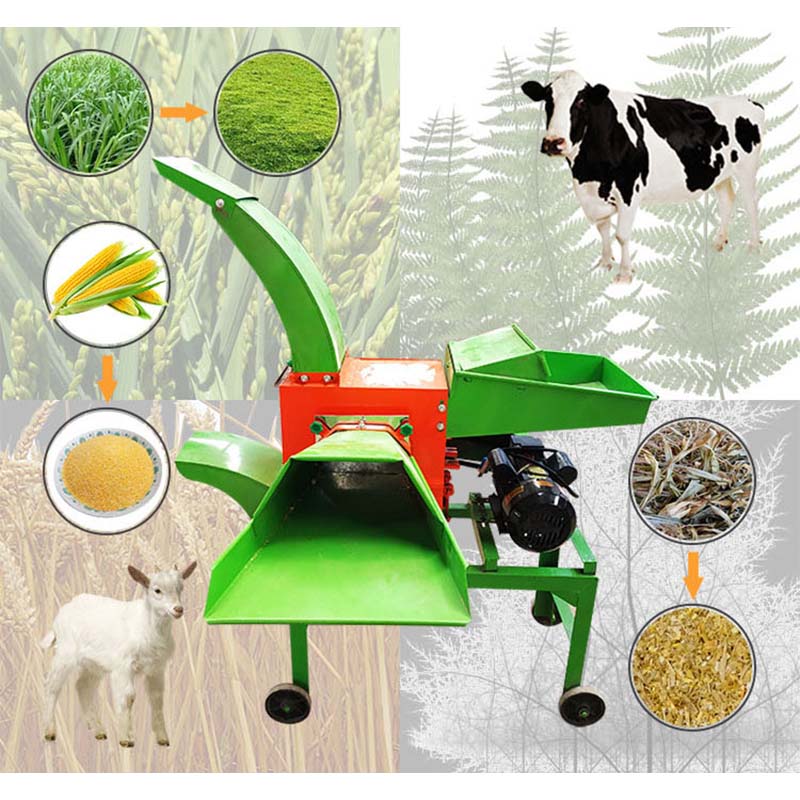Designing an Ideal Habitat for Your European Rabbit in a Comfortable Cage Environment
សីហា . 11, 2024 18:24 Back to list
Designing an Ideal Habitat for Your European Rabbit in a Comfortable Cage Environment
The Importance of Cage Design for European Rabbits
The European rabbit (Oryctolagus cuniculus) is a beloved pet and a fascinating creature known for its playful and sociable nature. When keeping European rabbits at home, one of the most crucial aspects is their living environment, particularly the design and size of their cages. A proper rabbit cage not only ensures the well-being of the animal but also promotes healthy behaviors and proper development.
Cage Size and Space Requirements
One of the primary considerations when designing or purchasing a cage for your European rabbit is size. Rabbits are naturally active animals with a strong instinct to hop and explore. It is widely recommended that the minimum cage size for a single rabbit should be at least 4 feet long, 2 feet wide, and 2 feet high. However, the larger the space, the better. An ideal setup encourages movement and allows the rabbit to stand on its hind legs, stretch, and perform natural behaviors.
In addition to the cage size, it is crucial to provide an area where the rabbit can safely roam. A secure, rabbit-proofed playpen or a room designated for rabbit play can greatly enhance their quality of life. Outdoor exercise, under supervision, is also beneficial for mental stimulation and physical health, provided the environment is safe from predators and escape routes.
Cage Design Features
When it comes to cage design, several features can make a significant difference in the rabbit's happiness. The cage should have multiple levels or ramps to encourage climbing and exploration. Shelves, tunnels, and items that promote jumping can also add variety to a rabbit's environment.
european rabbit cage

Moreover, ventilation is an essential factor in cage design. A well-ventilated cage reduces the buildup of odors and helps maintain a comfortable temperature, preventing heat stress, which rabbits are particularly susceptible to. The use of non-toxic materials for the construction of the cage is imperative, as rabbits love to chew. Avoid cages with materials treated with harmful chemicals or that contain sharp edges.
Enrichment and Comfort
In addition to space and safety, enriching the rabbit’s environment is vital for its psychological and emotional well-being. Rabbits are intelligent animals that require stimulation to prevent boredom and destructive behaviors. Providing toys made of untreated wood, cardboard, hay, and various chews can keep them engaged. Additionally, incorporating hiding spots, such as cardboard boxes or tunnels, will cater to their natural instincts to burrow and explore.
Bedding materials within the cage must also be selected thoughtfully. Avoid cedar or pine shavings, as these can be harmful to a rabbit's respiratory system. Instead, opt for paper-based bedding or hay, which can provide comfort and warmth. Regular cleaning and maintenance of the cage will ensure a hygienic environment conducive to health.
Conclusion
In conclusion, the design of a European rabbit cage is a critical aspect of responsible pet ownership. A well-sized, thoughtfully designed cage can make a significant difference in the life of a rabbit. By considering the size, features, ventilation, and enrichment options, rabbit owners can create a space that not only meets the physical needs of their pets but also enriches their lives. Ultimately, the happiness and well-being of European rabbits depend greatly on the care and thoughtfulness of their owners in crafting their living environment.
-
High Performance Exhaust Fan – Efficient Ventilation Solutions for Home
NewsJun.10,2025
-
High-Quality Gestation Pen for Sows Durable Mobile Pig Pen & Simple Pig Pen Solutions
NewsJun.10,2025
-
High Quality Rabbit Cage Double Tier Designs & Welded Wire Mesh Supplier
NewsJun.10,2025
-
Floating Fish Feed Machine - High Efficiency Floating Fish Feed Extruder for Small Scale Production
NewsJun.10,2025
-
Premium Poultry Housing Solutions Mobile & Commercial Free Range Options
NewsJun.10,2025
-
Industrial FRP Fans Corrosion-Resistant Blades & Centrifugal Systems
NewsJun.09,2025






